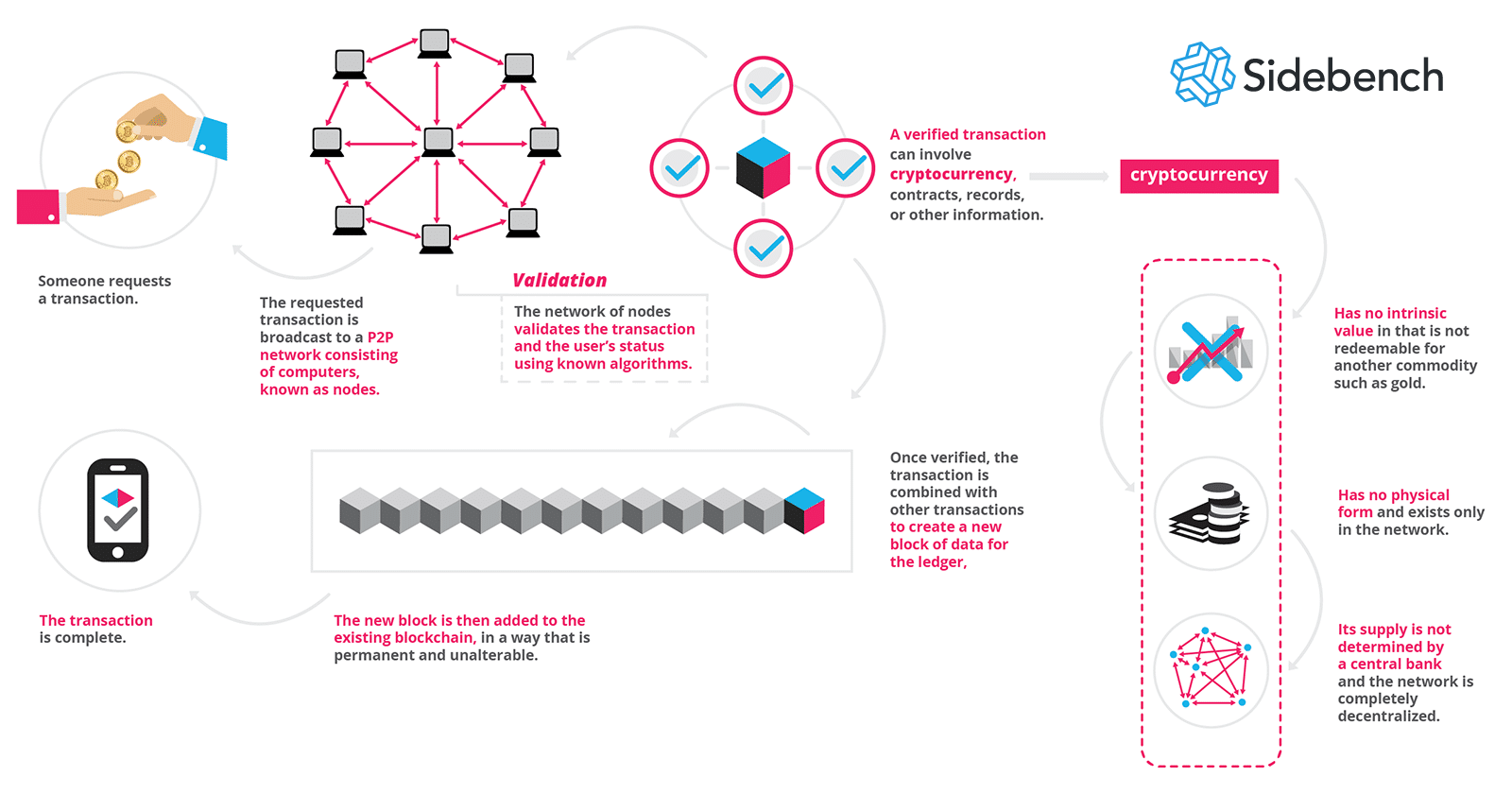Securing Identity In The Digital Age: How Blockchain Is Revolutionizing The Fight Against Impostors
Securing Identity in the Digital Age: How Blockchain is Revolutionizing the Fight Against Impostors

- The Rise Of Crypto: How Traditional Financial Institutions Are Adapting To The Tides Of Change
- Navigating The High-Risk, High-Reward World Of Crypto Margin Trading: A Beginner’s Guide
- Embracing Transparency: How Blockchain Revolutionizes Secure Financial Transactions
- The Future Of Blockchain In Digital Identity Verification
- The Unsung Heroes Of Global Finance: How Remittances Can Thrive With Crypto Adoption
Imagine waking up one morning to find out that someone has been using your identity to open bank accounts, apply for credit cards, and even book flights in your name. The thought alone is enough to send chills down your spine. Unfortunately, this is a harsh reality for millions of people around the world who fall victim to identity fraud every year.
In today’s digital landscape, personal data is scattered all over the internet, making it easier for scammers to get their hands on sensitive information. However, there’s a glimmer of hope in the fight against identity theft, and it comes in the form of blockchain technology.
But before we dive into the role of blockchain in combating identity fraud, let’s take a closer look at the staggering stats. According to a report by the Identity Theft Resource Center, there were over 1.3 million identity theft cases reported in the United States alone in 2020. These numbers are alarming, to say the least, and highlight the need for a more robust and secure system to protect our identities.
So, how exactly does blockchain fit into the picture? In simple terms, blockchain is a decentralized and distributed digital ledger that stores data in a tamper-proof and transparent manner. This makes it virtually impossible for hackers to manipulate or alter the data, ensuring that our identities remain secure.
One of the most significant ways blockchain is being used to combat identity theft is through the creation of self-sovereign identity (SSI) systems. SSI allows individuals to have full control over their personal data, deciding who can access it and when. This is a significant departure from traditional identity systems, where our data is often stored in centralized databases that are vulnerable to cyber-attacks.
Blockchain-based SSI systems use advanced cryptography to secure personal data, ensuring that it remains private and confidential. This not only prevents scammers from getting their hands on sensitive information but also gives individuals a sense of agency and control over their own identities.
Another way blockchain is being used to fight identity theft is through the use of digital identity verification. This involves creating a unique digital identity for each individual, which can be verified through blockchain-based systems. This makes it much harder for scammers to create fake identities or impersonate others online.
The benefits of blockchain-based identity systems are numerous. For one, they provide a much higher level of security and confidentiality compared to traditional identity systems. They also give individuals more control over their personal data, allowing them to decide who can access it and when.
Moreover, blockchain-based identity systems have the potential to streamline identity verification processes, making it easier and faster to verify identities online. This could have significant implications for industries such as finance, healthcare, and travel, where identity verification is crucial.
Of course, there are still some challenges that need to be addressed before blockchain-based identity systems become mainstream. For one, there’s the issue of scalability, which could limit the widespread adoption of these systems. Additionally, there’s the need for greater awareness and education about blockchain technology and its applications.
Despite these challenges, the future of blockchain-based identity systems looks bright. As more and more people become aware of the benefits of these systems, we can expect to see widespread adoption across various industries.
In conclusion, the role of blockchain in fighting identity theft is a significant one. By providing a secure, decentralized, and transparent way to store and manage personal data, blockchain-based identity systems have the potential to revolutionize the way we think about identity and identity theft.
As we move forward in this digital age, it’s clear that the need for secure and robust identity systems has never been more pressing. With blockchain technology at the forefront of this revolution, we can expect to see a significant reduction in identity theft cases and a greater sense of security and confidence online.
